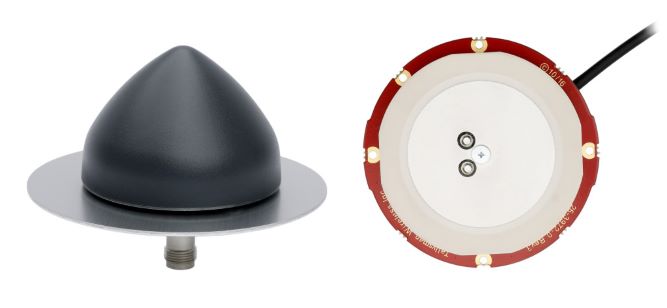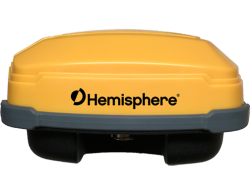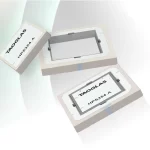Tallysman Wireless announced its new eXtended Filtering (XF) features to the TW3900 series of Accutenna precision antennas. The XF feature is designed to mitigate interference from all near-band signals.
As the radio frequency spectrum has become more congested with many newly-activated Long Term Evolution (LTE) bands for cellular, these signals and their harmonic frequencies can affect GNSS antennas and receivers, according to the company. In North America, the planned Ligado service, which will broadcast in the frequency range of 1526 to 1536 MHz, can affect GNSS antennas that receive space-based L-band correction service signals (1539 – 1559 MHz). New LTE signals in Europe [Band 32 (1452 – 1496 MHz)] and Japan [Bands 11 and 21 (1476 – 1511 MHz)] have also affected GNSS signals. Lastly, the Inmarsat satellite communication uplink (1626.5 – 1660.5 MHz) commonly used on maritime vessels can also affect nearby GNSS antennas.
Tallysman’s custom XF filtering has been tested to mitigate new (Europe and Japan) and existing LTE signals, enabling the XF antennas to produce clean GNSS radio frequency data. The deep XF filter technology will be applied to all of Tallysman’s product lines.
Tallysman’s TW3972XF, TW3972EXF, TW3972LGXF, TW3967XF, and TW3967LGXF are triple-band antennas that support GPS/QZSS (L1/L2/L5), GLONASS (G1/G2/G3), Galileo (E1/E5a/E5b), BeiDou (B1/B2/B2a), NavIC L5, and L-Band correction services.






